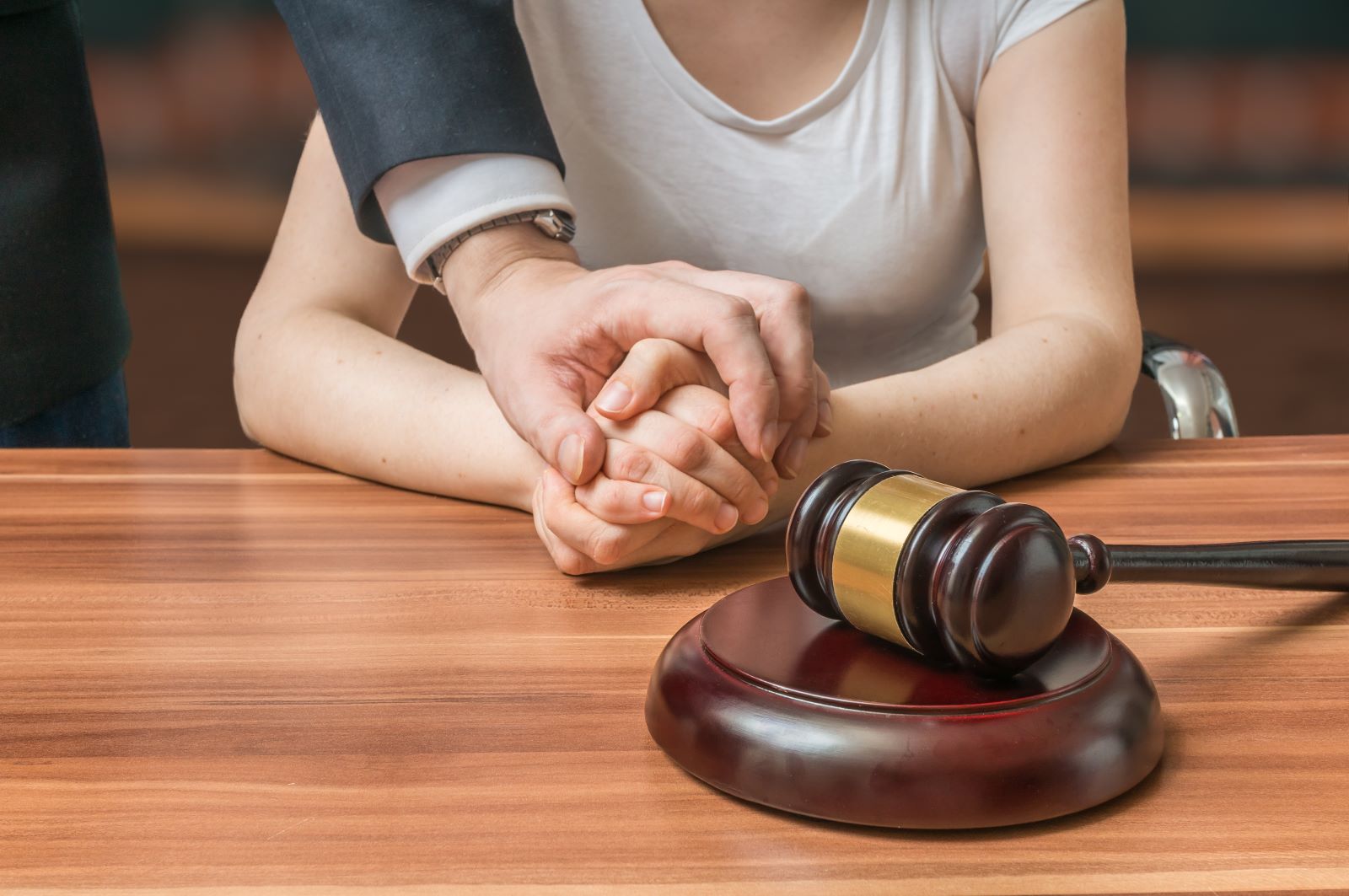Being accused of homicide is no proverbial walk in the park, as the consequences can be life-altering – including life imprisonment or even the death penalty. If you’re facing homicide charges, hiring an experienced homicide lawyer is critical.
Call Combs Waterkotte as soon as possible at (314) 900-HELP or contact us online to schedule a confidential, one-on-one consultation with an expert criminal defense attorney. Our homicide defense legal team has honed its expertise over the last three-plus decades successfully handling more than 10,000 cases just like yours.
Your homicide lawyer doesn’t just show up to court, smile at the judge, and argue with the prosecutor. No, the Combs Waterkotte legal team builds a comprehensive strategic defense tailored to your case and aimed at minimizing the charges or getting them dismissed altogether. Here’s a look at how our homicide lawyer builds a robust defense strategy.
How a Combs Waterkotte Homicide Lawyer Builds Your Defense Strategy
Initial Consultation and Case Review
The first step in building a defense is the initial confidential consultation. A Combs Waterkotte homicide lawyer will meet with you one-on-one to understand the circumstances of your case, review any evidence, and discuss the charges. The attorney may also, at least conceptually, evaluate possible defense strategies. Key areas reviewed may include:
- Police report & arrest record
- Timeline of events
- Your criminal history
- Statements made to law enforcement
- Any witnesses or alibis
Investigation and Evidence Gathering
After the initial case review, Combs Waterkotte’s homicide legal team begins its own investigation. We may call on private investigators or our network of experts to help examine crime scenes, track down key witnesses, or gather additional facts. We’re gathering evidence that could help form a defense strategy. This includes:
- Interviewing Witnesses: A skilled homicide lawyer might re-interview witnesses to uncover inconsistencies or biases that could work in our favor. They may also locate new witnesses.
- Reviewing Forensic Evidence: An experienced defense attorney analyzes DNA, fingerprint, blood, and ballistic evidence to make sure it was properly collected, handled, stored, and interpreted.
- Requesting Documents and Subpoenas: In a quest to find inconsistencies or to disprove aspects of the prosecution’s case, the Combs Waterkotte attorneys work to obtain documents like phone records, surveillance footage, and social media activity.
Evaluating Legal Defense Strategies
After gathering evidence, the attorney will ponder the legal defenses available in a homicide case. Combs Waterkotte tailors the defense strategy to you and your case, but the exact defense tactic used depends on the unique facts, circumstances, and charges. Some common homicide defenses are:
- Self-Defense: One of the most common defenses in homicide cases, this is arguing that you acted in self-defense to protect yourself from imminent harm or death. This can also apply to protecting others.
- Accidental Death: Your attorney may argue that the death occurred accidentally and was not the result of intentional actions or malice.
- Mistaken Identity: Your defense lawyer might argue that the wrong individual was charged based on a misidentification. This is particularly useful in cases where eyewitness testimony or evidence is questionable.
- Insanity or Diminished Capacity: In certain instances, your homicide defense attorney may argue that you were not mentally capable of understanding the nature of your actions because of impairment or mental illness.
- Alibi Defense: Your lawyer can use this to challenge the prosecution’s case if you have a solid alibi showing that you were somewhere else at the time of the homicide.
Consulting Expert Witnesses
Homicide cases frequently involve highly technical evidence, and Combs Waterkotte often works with expert witnesses to help present a stronger case. Depending on the defense strategy used, expert testimony is crucial to many aspects of your case. These experts can offer alternative interpretations of the evidence or rebut the prosecution’s witnesses, helping create reasonable doubt. Some of the types of experts we might use include:
- Crime scene reconstructionists to provide alternative explanations of what happened at the scene.
- Medical examiners to testify about the cause and manner of death.
- Psychologists to evaluate your mental state and offer opinions on your capacity to understand your actions.
- Forensic experts to confirm or dispute evidence like blood splatter, DNA, and ballistic reports.
Challenging the Prosecution’s Evidence
A core aspect of any defense strategy is poking holes in the prosecution’s case. A skilled Combs Waterkotte homicide lawyer carefully scrutinizes all evidence presented by the prosecution and looks for legal grounds to challenge it. This includes:
- Disputing forensic evidence: Your attorney might bring in expert witnesses to challenge the reliability or validity of forensic evidence, like questioning DNA results, or proving mishandling or misstoring of evidence.
- Cross-examining any witnesses: Your lawyer will look to discredit the prosecution’s witnesses by highlighting errors or inconsistencies in their testimony, exposing biases, or showing that their memory is concerning or unreliable.
- Questioning the admissibility of evidence: The defense attorney might file motions to suppress evidence obtained unlawfully or that violates your constitutional rights, like evidence obtained during an unreasonable search or seizure.
Developing a Persuasive Narrative
This is one of the most important phases of a homicide trial – providing reasonable doubt. Whether that comes from your defense lawyer showing inconsistencies in the prosecution’s version of events or showing that another individual was culpable, it will resonate with the jury. The narrative needs to align with the evidence, expert testimonies, and the legal defenses being presented. Your attorney will also prepare you for trial, making sure you present yourself in the best possible light.
Negotiating Plea Deals
In some scenarios, even with a robust defense strategy, it might still be in your best interest to negotiate a plea deal with the prosecutor. This is only done in your best interest, you have the final say, and can result in a reduced charge, like negotiating from first-degree murder down to second-degree murder or manslaughter, which can carry far lighter penalties.

Contact Combs Waterkotte to Learn How an Expert Homicide Lawyer Builds Your Defense Strategy
When facing homicide charges, the stakes couldn’t be higher, and every decision in your case can have life-changing consequences. The biggest decision is choosing an experienced homicide lawyer who will methodically build a defense strategy tailored to your case.
Call Combs Waterkotte now at (314) 900-HELP or reach out online for a free case review.







